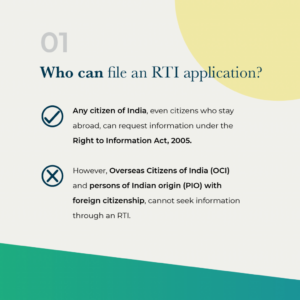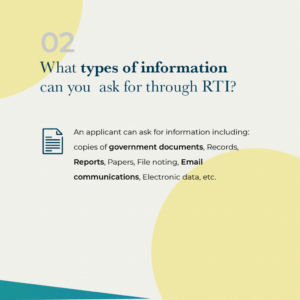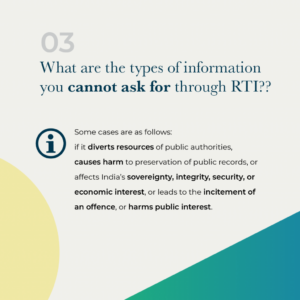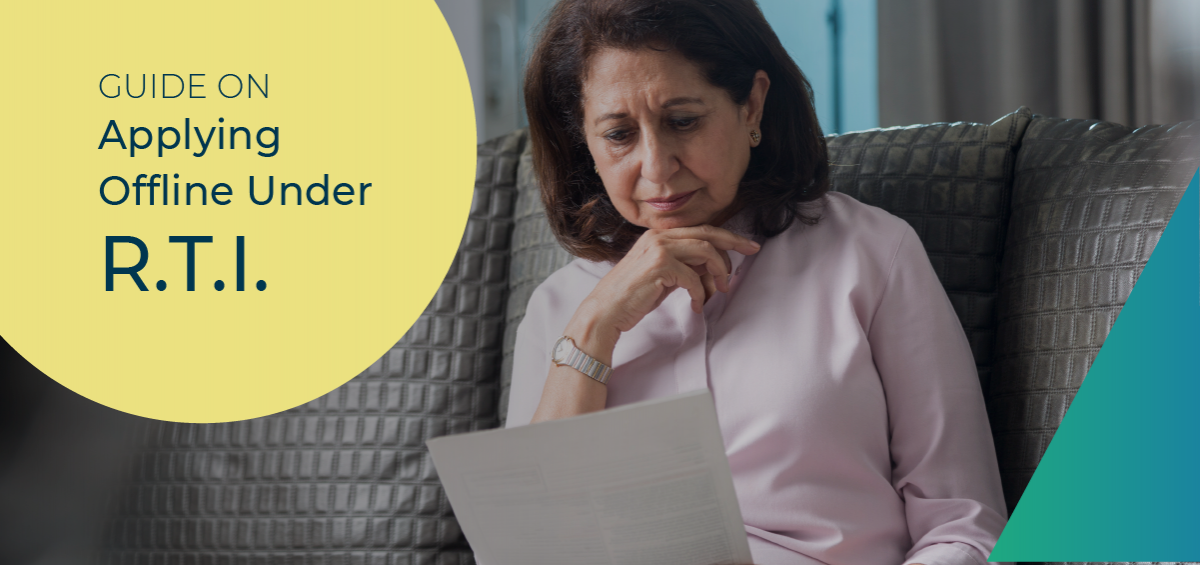How can this guide help you?
The objective of this guide is to provide actionable information on the admissions process in elementary schools in Karnataka under the Right of Children to Free and Compulsory Education Act, 2009. It aims to provide information on the admission cycle in elementary schools and help stakeholders navigate legal processes in case of any violation of their right to education, with specific focus on the rights of children with disabilities.
- This guide serves the following purposes:
- Provide information on the rights of children for parents of children studying in elementary schools
- Provide information to NGOs and CSOs working in the field of education to enable them to conduct awareness activities
- Provide a template for creating such a guide for other states Provide information on the duties and responsibilities of school administrators and teachers
This guide has been prepared by the Education Team at the Vidhi Centre for Legal Policy in collaboration with Nyaaya.
What are the laws discussed in this guide?
- Right of Children to Free and Compulsory Education Act, 2009
- Right of Children to Free and Compulsory Education Rules, 2010
- Karnataka Right of Children to Free and Compulsory Education Rules, 2012
- Rights of Persons with Disabilities Act, 2016
- Rights of Persons with Disabilities Rules, 2017
- Karnataka State Rights of Persons with Disabilities Rules, 2019
Click on the link above to download the PDF of the Guide and share with other citizens to #BeALegalChampion!





